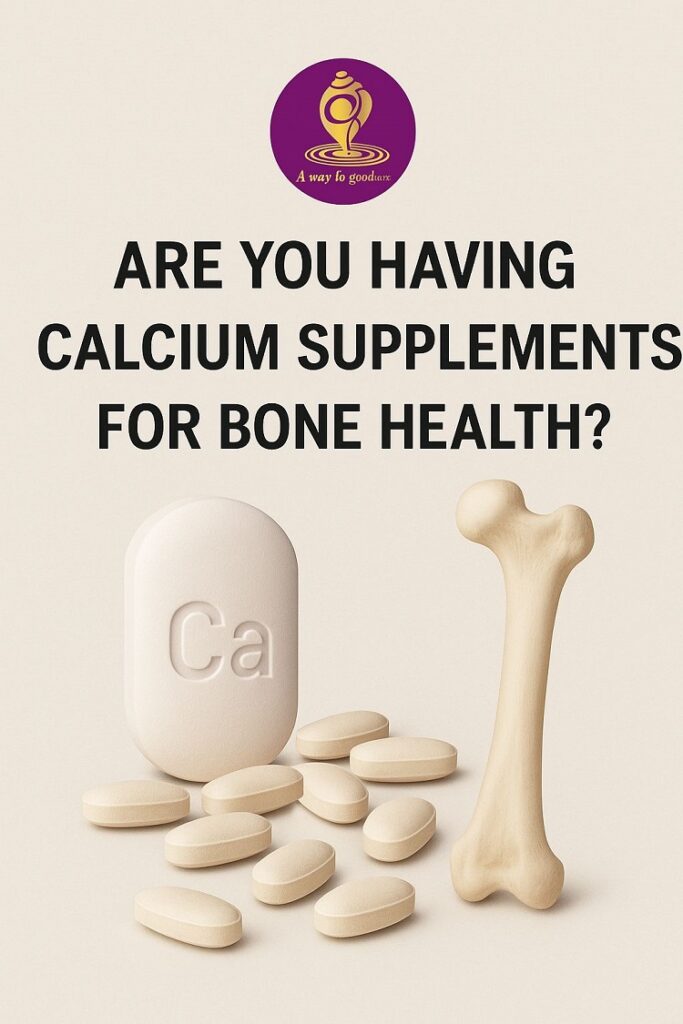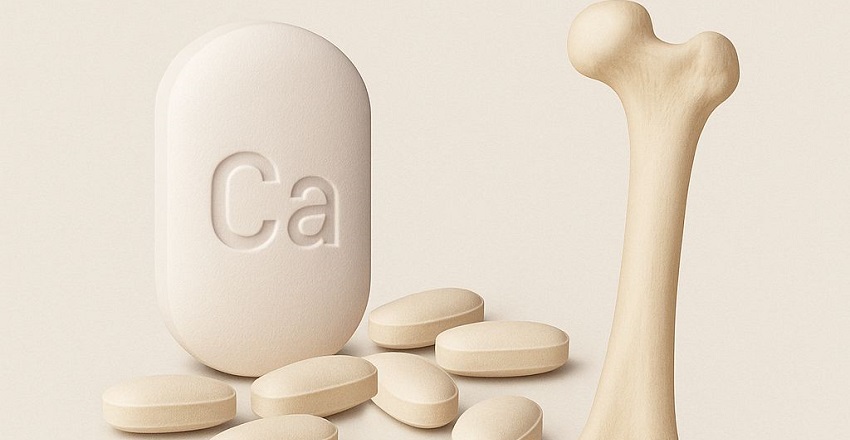“Why Nature Nourishes and Neutra Supplements Often Harm”
Rediscovering Nature’s Pharmacy
In our fast-paced modern lives, we often turn to synthetic calcium supplements—commonly known as “neutra” supplements—to fulfill our body’s nutritional needs. But Ayurveda teaches us something timeless: true nourishment lies in nature, not in chemical factories. One such underappreciated natural remedy is edible chuna (also known as edible lime or slaked lime)—a humble, age-old source of bioavailable calcium.
Let us explore how chuna works, why it is far superior to synthetic calcium tablets, and how it has been a part of traditional Indian life for centuries—especially through the ritual of eating paan.
What is Edible Chuna?
Edible chuna is calcium hydroxide derived from natural limestone. In Ayurveda and traditional Indian medicine, it is considered ushna (hot) in potency, deepana (stimulating digestion), and a balya (strength-giving) agent.
Despite being inexpensive and easily available, it has been largely ignored in modern nutritional discussions.
Calcium: The Foundation of Strength
Calcium is vital for:
- Bone and dental health
- Muscle contraction and nerve signaling
- Hormonal balance
- Heart rhythm regulation
However, not all calcium is created equal. The way your body absorbs, digests, and utilizes calcium depends on its source and form.
The Dark Side of Neutra Calcium Supplements
Modern calcium supplements are lab-synthesized, often made from calcium carbonate, calcium citrate, or calcium gluconate. Here’s why they may do more harm than good:
- Poor Absorption
- Synthetic calcium has low bioavailability, meaning your body absorbs very little of it.
- Kidney Stones & Calcification
- Excess unabsorbed calcium can deposit in kidneys and arteries, leading to kidney stones and arterial calcification.
- Digestive Disturbances
- Many users complain of constipation, bloating, or acid reflux.
- Does Not Support Agni (Digestive Fire)
- According to Ayurveda, synthetic supplements are tamasic—they burden the system rather than nourish it.
Why Edible Chuna is Better: A Natural, Intelligent Mineral
Here’s how edible chuna stands out:
- Natural Bioavailable Calcium
- Chuna contains naturally occurring calcium hydroxide, which the body can readily absorb and assimilate when used in the right quantity and form.
- Works in Synergy with Other Nutrients
- When consumed with ingredients like gulkand, elaichi, betel leaf, or ghee, it gets metabolized easily—no constipation, no side effects.
- Bone Strengthener in Ayurveda
- Ayurveda recommends chuna (in microdoses) for conditions like osteoporosis, arthritis, weak teeth, and general debility.
- Traditionally Used in Paan
- For centuries, a tiny smear of chuna was applied to betel leaves in paan, along with gulkand, elaichi, and supari—not just for taste but for digestion, calcium assimilation, and Vata pacification.

The Paan Connection: Ancient Wisdom in Everyday Ritual
In Indian households, especially in the north, paan with a dab of chuna has been a post-meal digestive ritual. Our ancestors didn’t understand “calcium” in chemical terms—but they knew how to nourish bones, strengthen teeth, and enhance agni (digestive fire).
Modern science now validates what Ayurveda and tradition have known for centuries:
- Betel leaf improves digestion and is antibacterial.
- Chuna provides calcium.
- Areca nut and cardamom stimulate digestive enzymes.
- Gulkand is a cooling agent and balances the heat of chuna.
This is not just a “habit”—it’s a medicinal formulation disguised as a ritual.
How to Use Edible Chuna Safely
Chuna is potent—the right dosage and method are crucial.
Dosage:
1 grain-sized pinch (approx. 50–100 mg) per day.
How to Take:
Mix with gulkand or honey and consume on an empty stomach, or
Apply inside a betel leaf with cardamom and chew post-meal.
Avoid:
Overconsumption
Taking without guidance if pregnant, lactating, or having kidney issues
Always consult an Ayurvedic expert before incorporating into your daily routine.
Why Nature Nourishes: The Anammyaa Philosophy
At Anammyaa Wellness, we believe healing and nourishment come from aligning with nature’s intelligence, not resisting it with artificial interventions. Edible chuna is just one example of how ancient wisdom offers sustainable, safe, and effective solutions to modern problems.
Let us move away from quick fixes and embrace slow, steady, natural healing—because your body deserves real nourishment, not synthetic substitutes.
For personalised Ayurvedic consultation or more information on natural calcium therapies,
Call: 95600-24178
Visit: www.anammyaawellness.com



